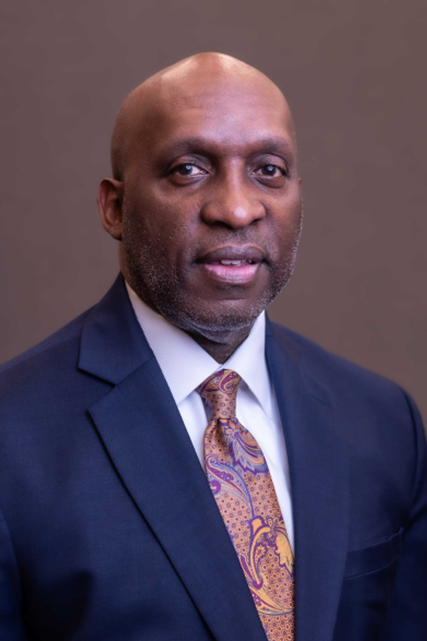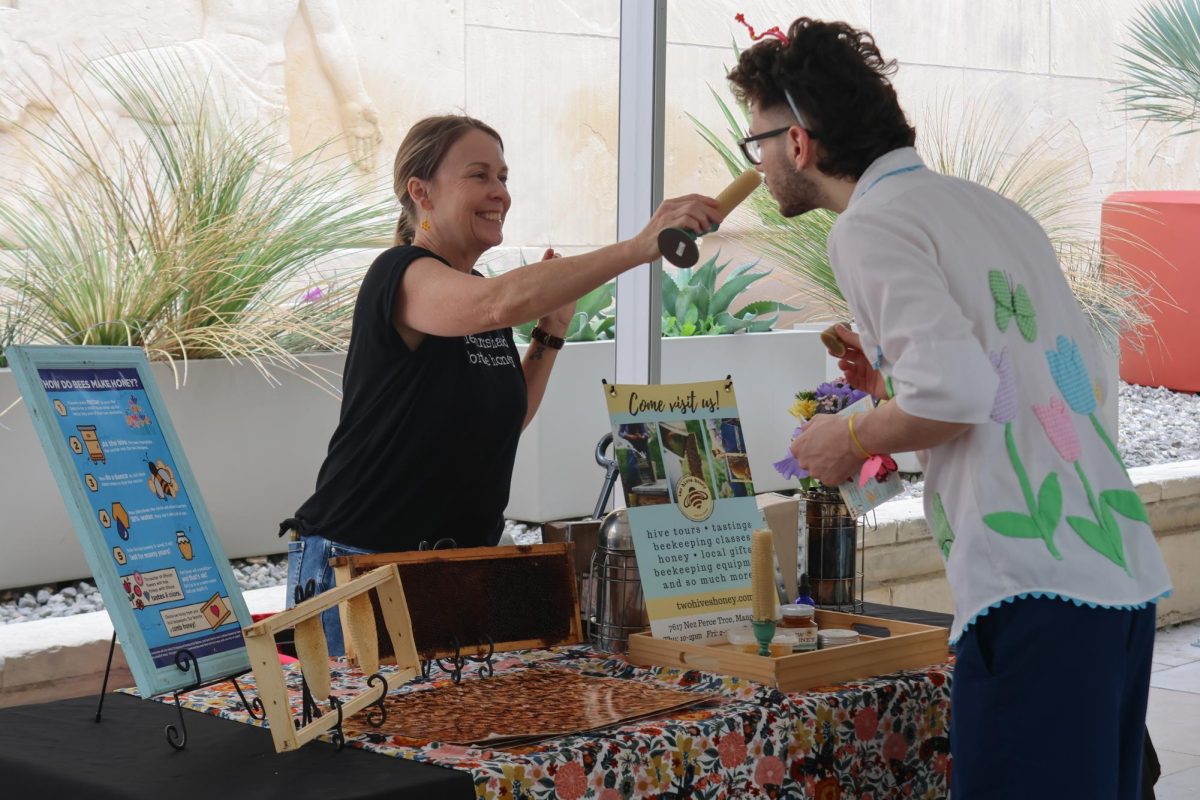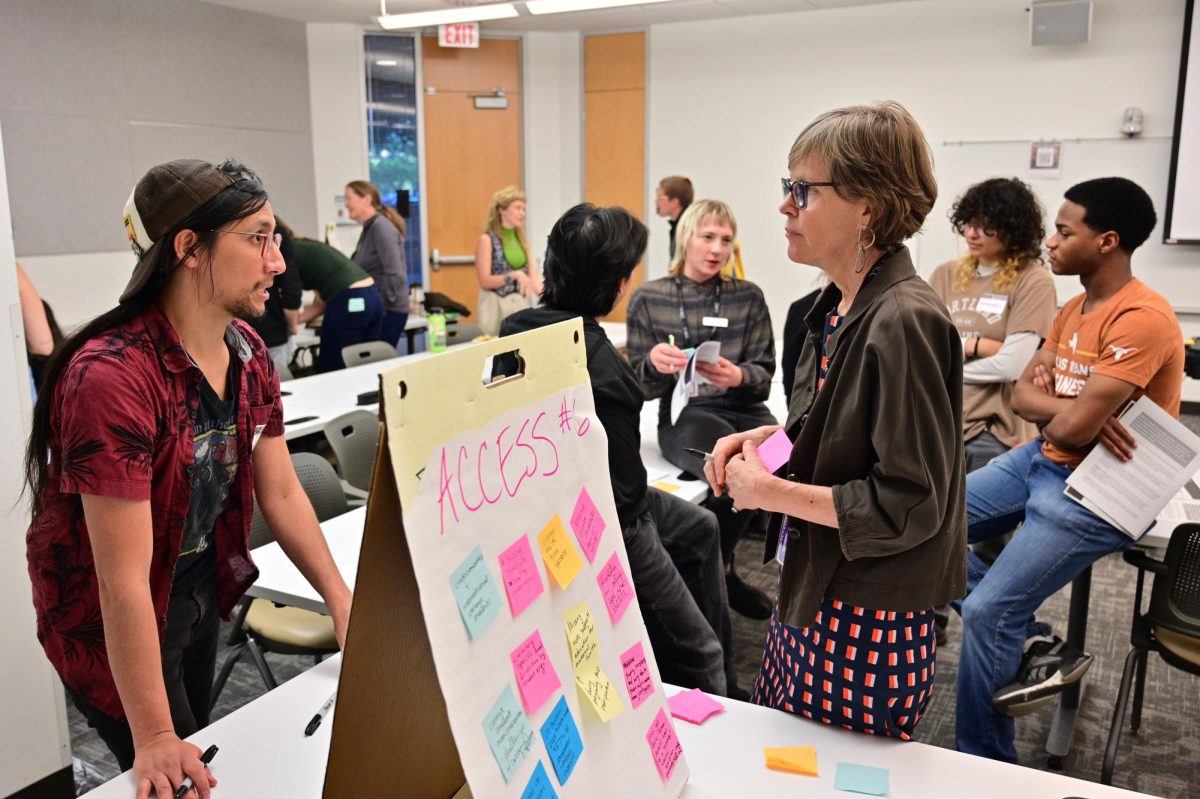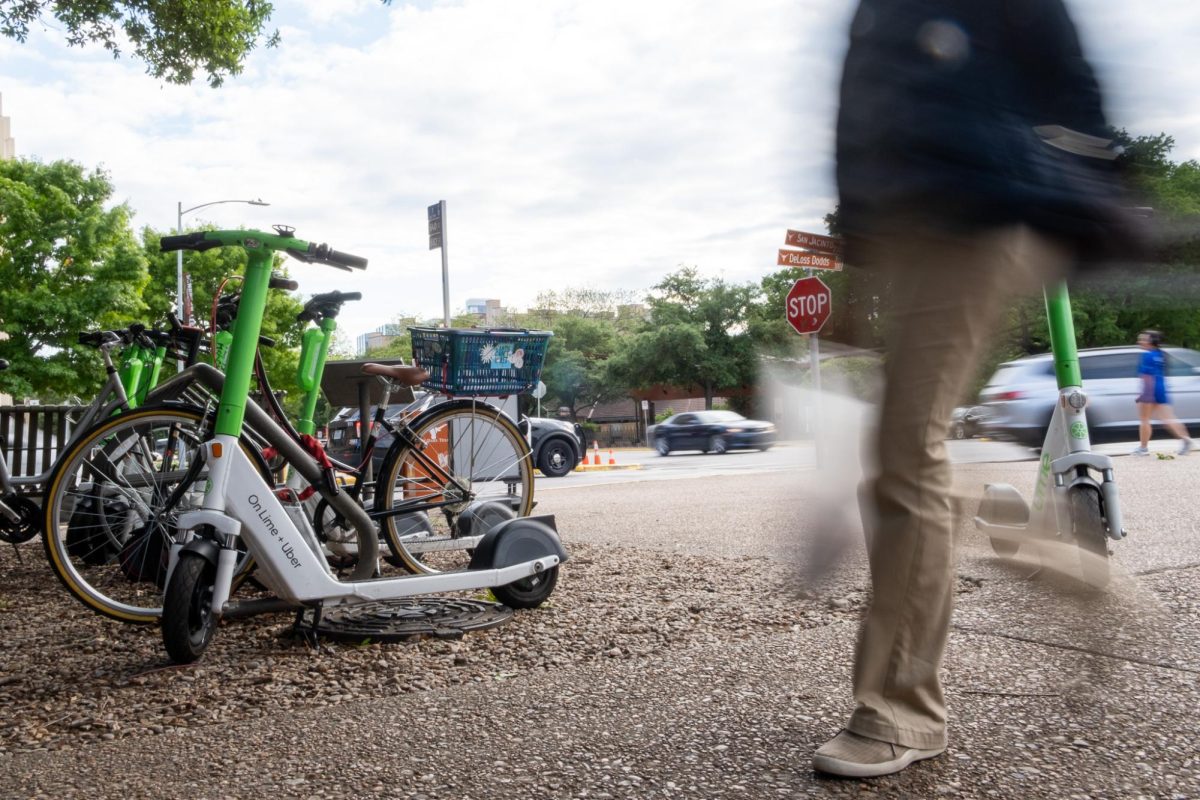The City of Austin’s general election may move from May to November and institute new term limits for the mayor and city council members if voters approve two ballot initiatives Nov. 6.
Proposition 1 — a separate initiative from Central Health’s proposition to increase property taxes to partially fund a proposed UT medical school and teaching hospital — would move the election of City Council members to November.
Proposition 2 would move City Council elections to November, but would also institute a limit of two, four-year terms for the mayor and city council members. Under Proposition 2, elections would take place during even-numbered years alongside gubernatorial and presidential elections.
Ted Siff, member of a City Council-appointed committee that wrote the initiatives, said the committee drafted the propositions in an effort to combat low voter turnout in local elections.
“This is all about increasing voter participation,” Siff said.
According to the Travis County Clerk’s website, 7.4 percent of 444,139 registered voters in the city of Austin voted in the May 2011 election. Only 1.92 percent of 584,919 registered voters in Travis County participated in the May 2010 election.
In contrast, 38.39 percent of 460,994 registered Austin voters participated in the November 2010 election and 66.12 percent of registered voters in Travis County voted in the November 2008 election.
Siff said the city would also save money by moving the election to November because the city would share costs of holding elections with school districts and other governmental bodies.
The city estimates it will save $255,000 per City Council election if elections are moved from May to November, according to the city’s budget office. The city will save $765,000 over three elections between 2013 and 2017 if the proposition passes.
Shannon Bow O’Brien, a UT government professor who teaches a class on urban politics, said she does not know if student participation in local elections would increase if the propositions passed. She said it would depend on whether they were registered in Travis County or in their hometowns.
She said young people do not typically participate in large numbers until they develop community ties such as purchasing a home or sending their children to local schools.
Bow O’Brien said moving city elections to November typically increases voter turnout, especially if there is a presidential race on the ballot.
She said because fewer people vote in May elections, it is easier for small groups to control the politics of an area.
“For example, if you know that on average, 90 percent of your city population is not going to vote in an election, you don’t have to run to appeal to them,” Bow O’Brien said. “You just have to run to appeal to the people who usually vote and also not tick off the larger population enough to make them turn out to vote.”
Printed on Friday, November 2, 2012 as: Props 1, 2 aim to boost voting




















